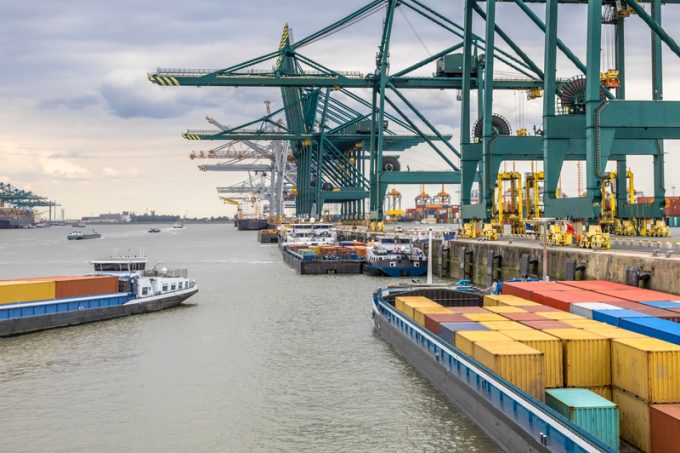Ports lagging in EU-required installation of shore power connections
European gateways are lagging behind the EU’s 2030 shore-power mandate, but the key ports remain ...

Hapag-Lloyd has suspended its Antwerp barge services until July amidst worsening terminal congestion, but the Belgian hub has sought to reassure the sector further cancellations are not coming.
The German carrier announced that all shipments moving via barge would be stopped until 30 June, a decision ...

Comment on this article